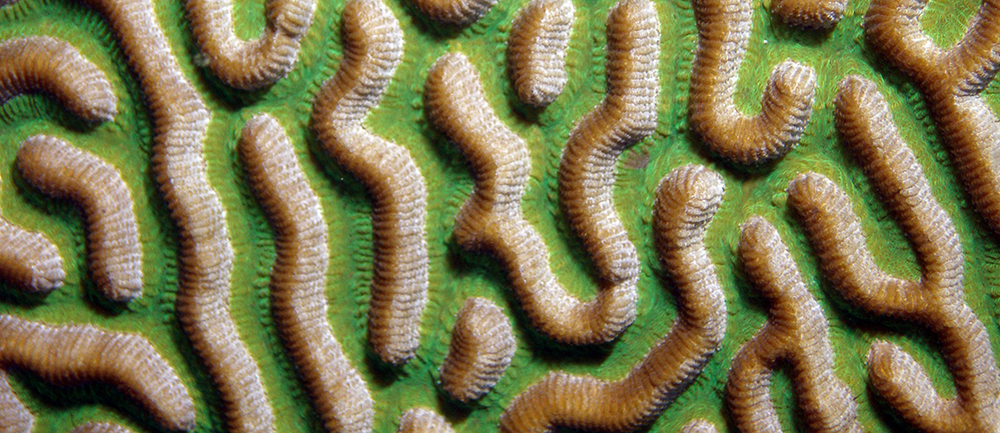
The Gulf of Mexico Coastal Acidification Network
GCAN, hosted by the Gulf of Mexico Coastal Ocean Observing System (GCOOS), is a collaboration of regional efforts among the National Oceanic and Atmospheric Administration’s Ocean Acidification Program (OAP), as well as other federal and state resource managers, industry partners, researchers and stakeholders focused on the Gulf of Mexico. The network has the following responsibilities:
Synthesize
Review, synthesize, and provide access to the most recent scientific, technical, and socio-economic information and data on coastal and ocean acidification impacts to marine species, ecosystems, resources, and the human communities that depend on them.
Guide
Identify critical knowledge gaps, regional priorities, and information needs to guide research, monitoring, modeling, and forecasting activities in collaboration with federal, state, local, and industry stakeholders. Facilitate best practices, standardization, and interoperability of methods and data.
Coordinate
Facilitate research, monitoring, and modeling designed to further our understanding of acidification impacts, their links to multiple stressors (e.g., ocean warming, hypoxia, harmful algal blooms), and their impacts on the U.S. Gulf of Mexico blue economy by coordinating across regional science, resource management, industry partners, and other National and International Coastal and Ocean Acidification Networks.
Communicate & Educate
Use diverse and creative approaches to communicate coastal and ocean acidification information and educate the public, stakeholders, and policy makers on regional acidification issues.














